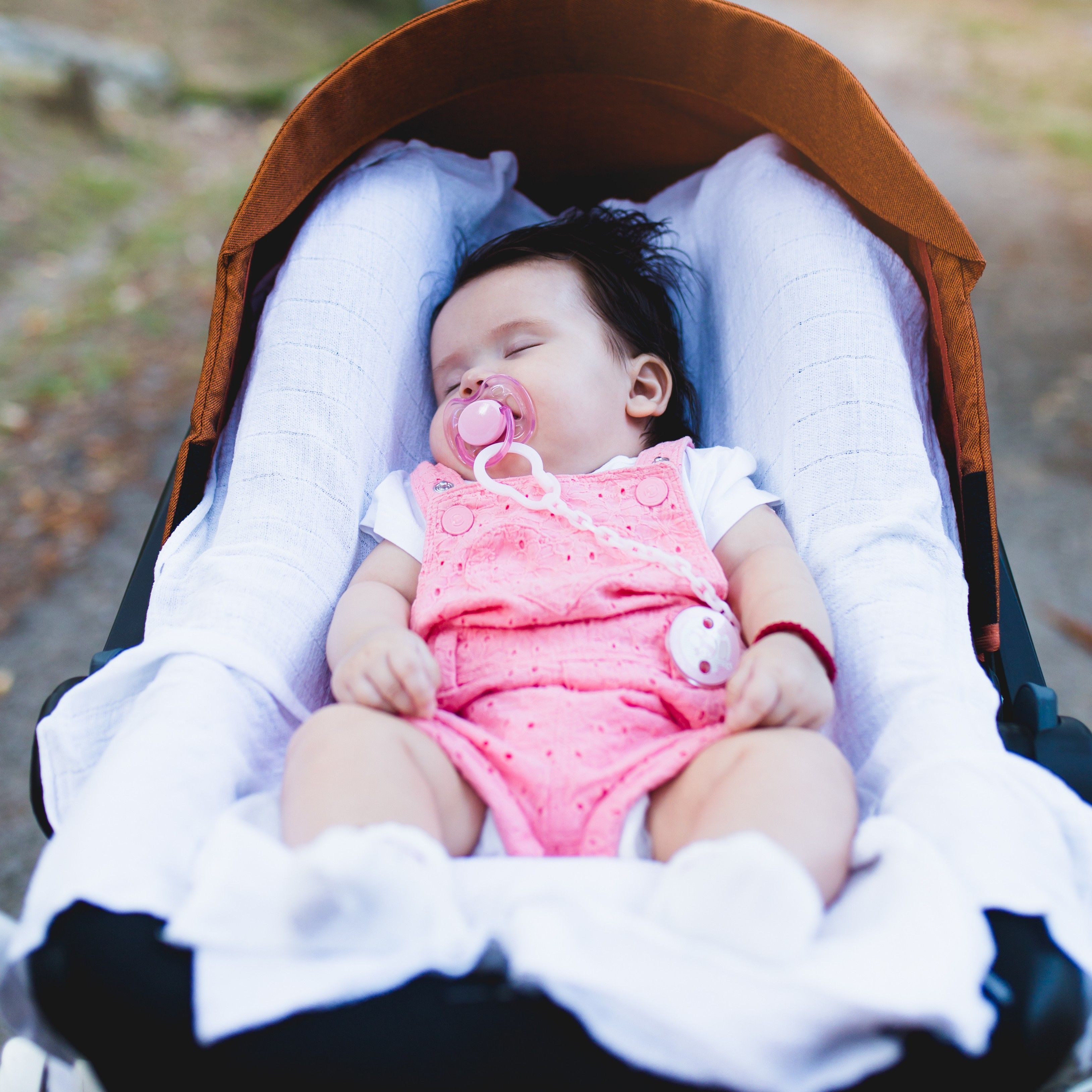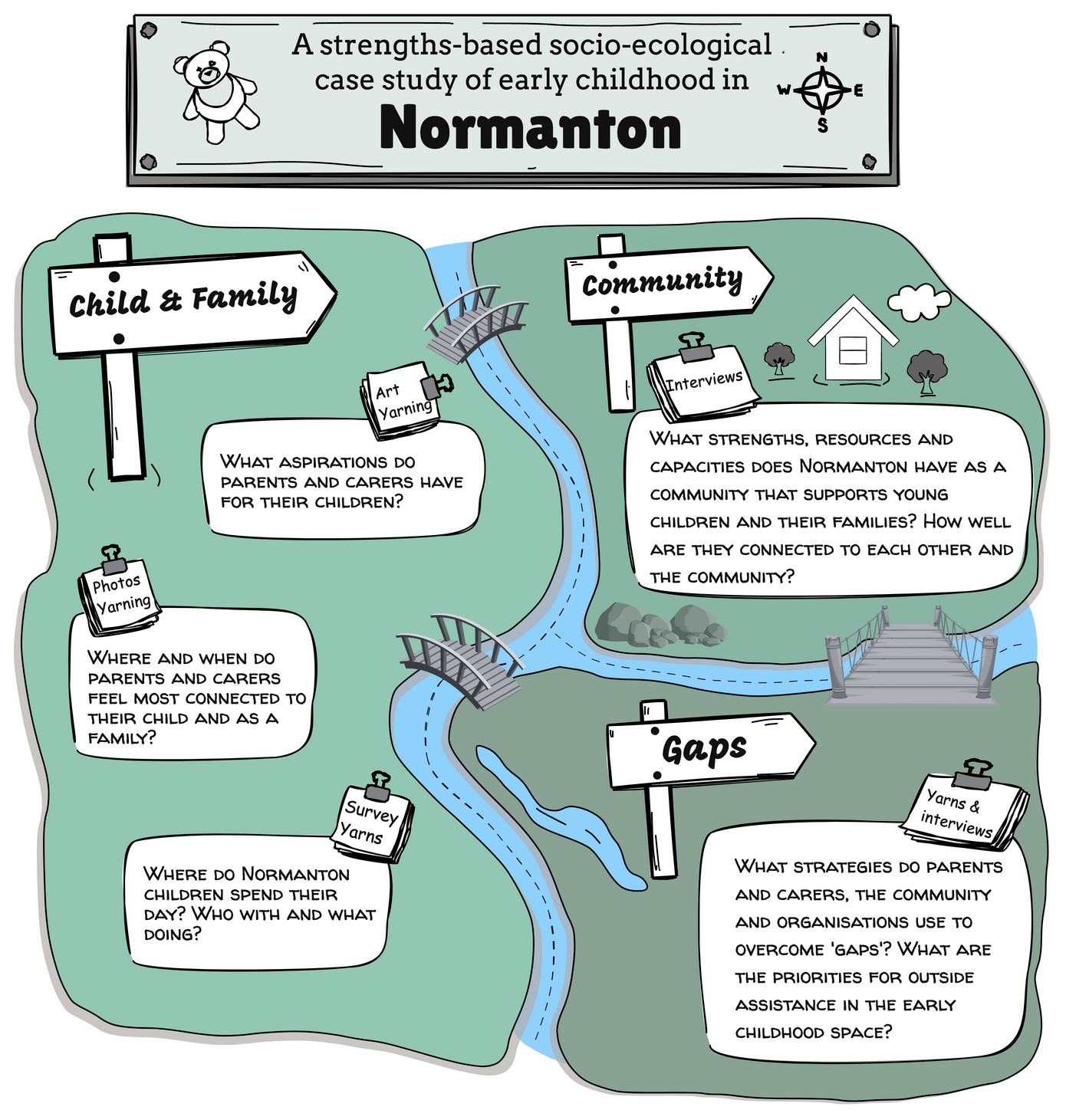PhD Projects
Children’s Sleep & Environmental Light Exposure (Emily Westwood).
 Circadian rhythms regulate sleep and wake patterns across the animal kingdom, including in humans. Our brains keep time in the circadian clock (suprachiasmatic nucleus). This neurological timekeeper is entrained by the light we see, anchoring our internal representation of day and night, historically, to the availability of sunlight. In modern life, our lives are largely lived indoors, limiting exposure to the bright entraining force of sunlight during the day and increasing light available at night. Experimental research suggests that exposure to bright light at different times of day can delay or advance individuals’ circadian clock resulting in later or earlier melatonin expression and sleep. Of particular interest, pre-bed light exposure has been linked to bedtime delay and parent-reported bedtime difficulty, while early morning light exposure may advance circadian rhythms. My research project aims to investigate the relationship between environmental light exposure and bedtime variables at a daily level, controlling for individual trajectories, patterns, and daily lifestyle variables. In essence, can we observe the effect of light on sleep that has been identified in experimental research in naturalistic, everyday contexts?
Circadian rhythms regulate sleep and wake patterns across the animal kingdom, including in humans. Our brains keep time in the circadian clock (suprachiasmatic nucleus). This neurological timekeeper is entrained by the light we see, anchoring our internal representation of day and night, historically, to the availability of sunlight. In modern life, our lives are largely lived indoors, limiting exposure to the bright entraining force of sunlight during the day and increasing light available at night. Experimental research suggests that exposure to bright light at different times of day can delay or advance individuals’ circadian clock resulting in later or earlier melatonin expression and sleep. Of particular interest, pre-bed light exposure has been linked to bedtime delay and parent-reported bedtime difficulty, while early morning light exposure may advance circadian rhythms. My research project aims to investigate the relationship between environmental light exposure and bedtime variables at a daily level, controlling for individual trajectories, patterns, and daily lifestyle variables. In essence, can we observe the effect of light on sleep that has been identified in experimental research in naturalistic, everyday contexts?
Attachment Relationships in the Early Childhood Education & Care Setting (Charlotte Casey)
This project aims to explore the nature of child-educator attachment relationships within early childhood education and care (ECEC) settings and the role of drop-off and pick-up times in measuring and supporting educator-child relationships. While much research has focused on the mother-child attachment, many children now spend considerable time in ECEC, forming meaningful relationships with educators. Australian ECEC policy acknowledges the importance of nurturing, secure relationships with educators. However, few studies have considered important differences between home and ECEC contexts when measuring attachment quality. This project critically examines how attachment theory can be applied in ECEC contexts and how child-educator attachment quality can be measured, and considers whether drop-off and pick-up routines may offer valuable insight into the quality of child-educator attachments.
Same Educator, Different Day (Samantha Bly)
 Same Educator, Different Day aims to understand how the environment of an Early Childhood Education and Care (ECEC) classroom influences children’s experiences in early learning through the interactions that they have with the people around them. This project aims to provide guidance on how to enable services to implement higher quality interactions based on a classroom’s demand.
Same Educator, Different Day aims to understand how the environment of an Early Childhood Education and Care (ECEC) classroom influences children’s experiences in early learning through the interactions that they have with the people around them. This project aims to provide guidance on how to enable services to implement higher quality interactions based on a classroom’s demand.
A strengths-based socio-ecological case study of early childhood in Normanton (Anne Maree Taney)
 Located in the Gulf of Carpentaria in North West Queensland, the town of Normanton is on the unceded lands of the Gkuthaarn and Kukatj people and is home to approximately 138 children aged zero to five years, including about 90 First Nations children. The cumulative and interrelated impact of colonisation, remoteness, developmental vulnerability and socio-economic disadvantage places our children at
Located in the Gulf of Carpentaria in North West Queensland, the town of Normanton is on the unceded lands of the Gkuthaarn and Kukatj people and is home to approximately 138 children aged zero to five years, including about 90 First Nations children. The cumulative and interrelated impact of colonisation, remoteness, developmental vulnerability and socio-economic disadvantage places our children at
increased risk of lifelong struggles.
While our area has an undeniable high level of persistent disadvantage, this certainly does not paint the whole picture, capture the strengths of the community or the texture and quality of everyday life. Alongside these challenges, we have young people growing up and achieving great things, either in Normanton or places further afield.
This case study will use creative and culturally appropriate approaches to identify, map and amplify the strengths and resources within Normanton’s early childhood socio-ecological system. It will focus on parents and carer’s hopes and dreams for their children, where and when they feel most connected to their child and as a family, and how children aged zero to five spend their day. Through the research process strengths will be mobilised and awareness will be raised of early brain development and the influence of early positive/protective and negative experiences.
This research may provide a model for other communities to assess and mobilise strengths and give voice to a place-based assessment of needs that considers existing strengths.
International Early Childhood Teachers’ Career Trajectories (Amin Zhu)
This project is currently being undertaken by Amin Zhu (MPhil student at the Thorpe lab) to investigate international early childhood teachers’ career trajectories in the Australian Early Childhood Education and Care (ECEC) sector with focus on issues of wellbeing, development, and turnover. It aims at informing policy makers, tertiary education providers, and ECEC services regarding international teachers’ career experiences in Australia, and it will offer recommendations on sustaining this vital workforce in the Australian ECEC industry. This project is conducted in partnership with the Australian largest childcare provider, GoodStart Early Learning.
For further information contact Amin Zhu
First STEPS: The Supporting Transitions to ECEC Programs Study (George Normore)

The Supporting Transitions to ECEC Programs Study (First STEPS) aims to improve our understanding of how the transition to Early Childhood Education and Care (ECEC) services influences the wellbeing of families and children, and to identify how best to support children, families, and early childhood services during this important period.
We are currently recruiting volunteers for First STEPS!
for more information visit the First STEPS: The Supporting Transitions to ECEC Programs Study webpage
